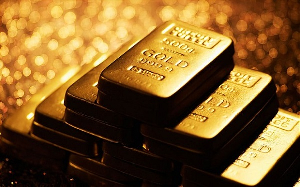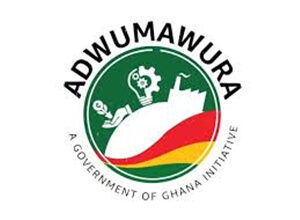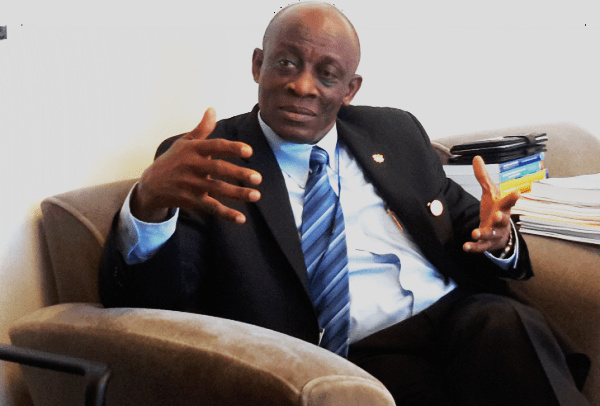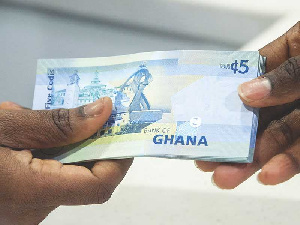Currency stabilisation was never an objective of Gold-for-Oil initiative – NAPO

Dr. Matthew Opoku Prempeh, the running mate of the New Patriotic Party (NPP), says it is wrong to suggest that the Gold for Oil policy is a failure due to the instability of the Ghanaian currency.
According to him, stabilising the currency was never an objective of the programme, saying the intention was to ensure security of fuel supply, stabilise fuel prices and guarantee the supply of dollar to meet import requirement for petroleum importers.
“Knowing that petroleum import constituent a recurring sizable consumption of our dollar, if the dollar was not there, imagine what would have happened at the end of 2022,” he said at the Ghana Chamber of Bulk Oil Distributors (CBOD) Energy Policy Town Hall engagement with the New Patriotic Party.
He explained that the cost of foreign exchange had been a key determinant of fuel prices hence the decision of government to introduce the policy to mitigate acquisition cost and reduce the pressure on the Central Bank to meet the foreign exchange demand of fuel importers.
“Admittedly, one or two people may have been hurt by Gold for Oil policy but the country was saved,” Dr Prempeh said.
“As a government, you have to balance and see, whether you would want to see queue or you would want to see petroleum price hit hundred cedis per litre or a gallon.”
He said the steep fall in the prices of petrol from selling at GH¢22 per litre as at December 2022 to GH¢14 cedis per litre in October was a testament to the success of the programme.
“It has never happened on prices in this country with any other product ever,” he said.
Dr. Prempeh said the recent rollout of innovative programmes such as Gold for Reserve policy by the Bank of Ghana was evident of how the country could overcome its foreign exchange challenge.
“The Good Lord gave Ghana gold and he has given Ghana oil. It is up to us as citizens to apply knowledge and put in value and understand how that value is going to support our economy,” he said.
Source: GNA





